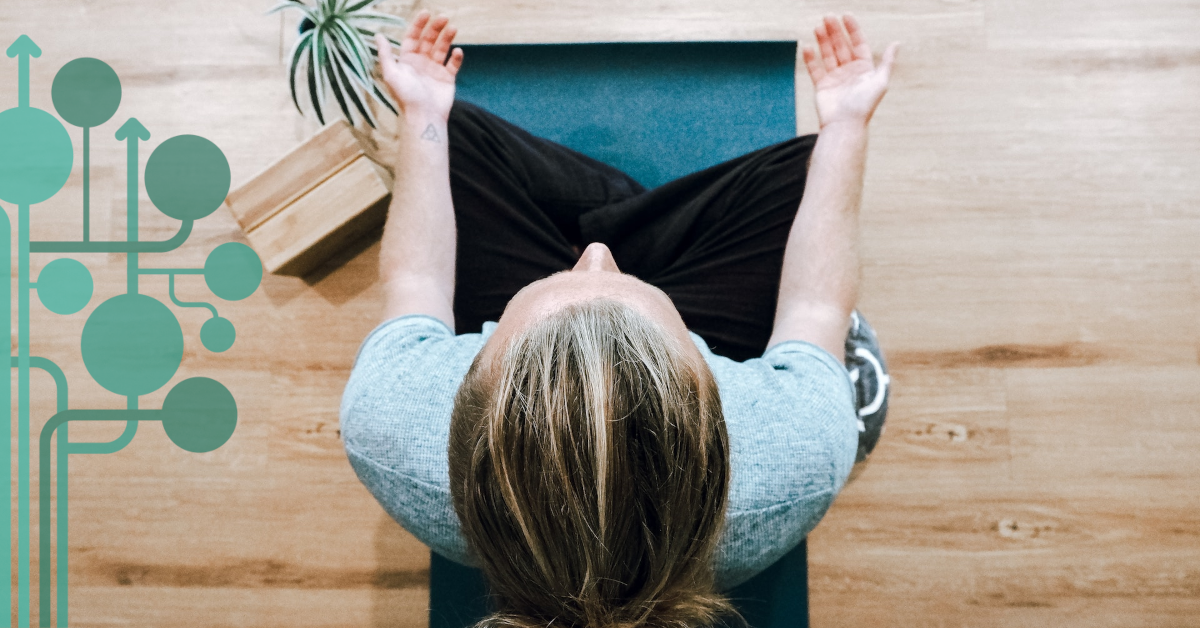Embodied learning: Body-Mind Centering and adult education
Introduction:
In adult education, traditional approaches often prioritize cognitive learning and neglect the vital role of the body-mind connection in the learning process. However, Body-Mind Centering (BMC) challenges this perspective by emphasizing the integration of movement, touch, and self-awareness. Within BMC, Primitive Reflexes, Righting Reactions, and Equilibrium Responses (RRR) play a significant role in facilitating embodied learning and personal growth. In this short article, I will propose the application of RRR within the context of non-formal adult education.
Understanding Body-Mind Centering:
Body-Mind Centering, developed by Bonnie Bainbridge Cohen, is a somatic-based practice that draws from various disciplines such as developmental movement, anatomy, and somatic psychology. It emphasizes the integration of body and mind, fostering body awareness, movement efficiency, and overall well-being. BMC provides a rich framework for exploring the interconnectedness of body systems, movement patterns, and developmental processes, enabling adults to enhance their learning experiences.

Photo by Katerina May on Unsplash
Primitive Reflexes: Unleashing Our Innate Wisdom:
Primitive reflexes are movement patterns that emerge early in human development. Although they typically diminish as we grow, they remain present and can influence our movements and responses throughout our lives. Examples of primitive reflexes include the Moro reflex (startle response), the Babinski reflex (toes fan out when the sole is stroked), and the rooting reflex (turning the head toward touch on the cheek). By understanding and integrating these reflexes, adults can tap into their innate wisdom and embody a deeper level of self-awareness and more sophisticated movement patterns, which enhances their learning potential.
Righting Reactions: Rediscovering Balance:
Righting reactions are automatic responses that help maintain an upright posture and balance about gravity. These reactions involve the coordinated head, spine, and limb adjustments to restore alignment and equilibrium. For adults engaged in non-formal education, exploring and cultivating righting reactions can improve body awareness, grounding, and integration. By rediscovering their inherent ability to find balance, adults can enhance their physical expression, spatial orientation, and overall well-being.
Equilibrium Responses: Adapting to Change:
Equilibrium responses encompass the adaptive movements that allow us to maintain balance in response to external challenges or perturbations. They involve coordinated muscle actions and sensory integration to regain or maintain stability. Equilibrium responses include reactions to falling, shifting weight and navigating uneven terrain. In the context of non-formal adult education, integrating equilibrium responses promotes proprioception, spatial awareness, and adaptability. By developing these skills, adults can embody confidence, resilience, and adaptability, enabling them to navigate learning challenges with greater ease.
Integration into Adult Education:
Incorporating the principles of Primitive Reflexes, Righting Reactions, and Equilibrium Responses into non-formal adult education environments can have transformative effects. By prioritizing embodied learning and somatic exploration, adults can develop a deeper understanding of their bodies, movement patterns, and sensory experiences. This integration enhances their self-awareness, creativity, and capacity for emotional regulation, ultimately enriching their learning journey.
Practical Applications:
Non-formal adult education settings can incorporate BMC practices and RRR principles through various activities. These may include body-mind explorations, movement improvisations, somatic exercises, partner or group interactions, and artistic expressions. Facilitators can guide adults through experiences that awaken their primitive reflexes, engage righting reactions, and challenge equilibrium responses. By engaging in somatic explorations, adults can discover new ways of perceiving, interacting, and relating to themselves and others. These experiential activities provide a direct and embodied connection to the subject matter, enabling adults to grasp concepts deeper and integrate them into their lived experiences.
Furthermore, incorporating BMC and RRR principles in non-formal adult education fosters a sense of empowerment and autonomy. By encouraging adults to explore their bodies and movement patterns, they become active participants in their learning process. This approach shifts the traditional teacher-centred paradigm and empowers learners to take ownership of their education, leading to increased motivation and engagement.
In addition to the physical benefits, integrating BMC and RRR principles in adult education promotes emotional well-being and stress reduction. By engaging in somatic practices, adults can release tension, develop self-regulation skills, and cultivate a sense of inner balance. This enhances the learning experience and equips adults with valuable tools for managing the challenges and demands of their daily lives.
It is important to note that incorporating Body-Mind Centering and RRR principles into non-formal adult education requires trained facilitators knowledgeable in these practices. These facilitators can create a safe and supportive environment for adults to explore and experiment with their movement, providing guidance and feedback. Their expertise ensures that the activities are tailored to the specific needs and capabilities of the adult learners, maximizing the benefits and minimizing the risks.
In conclusion, integrating Body-Mind Centering techniques, particularly Primitive Reflexes, Righting Reactions, and Equilibrium Responses, within the context of non-formal adult education offers a unique and practical approach to learning. By emphasizing embodied learning and somatic exploration, adults can deepen their self-awareness, enhance their learning potential, and foster overall well-being. By integrating these principles, adults are empowered to become active participants in their learning journey, equipping them with valuable skills for personal growth, self-expression, and adaptation in an ever-changing world.




